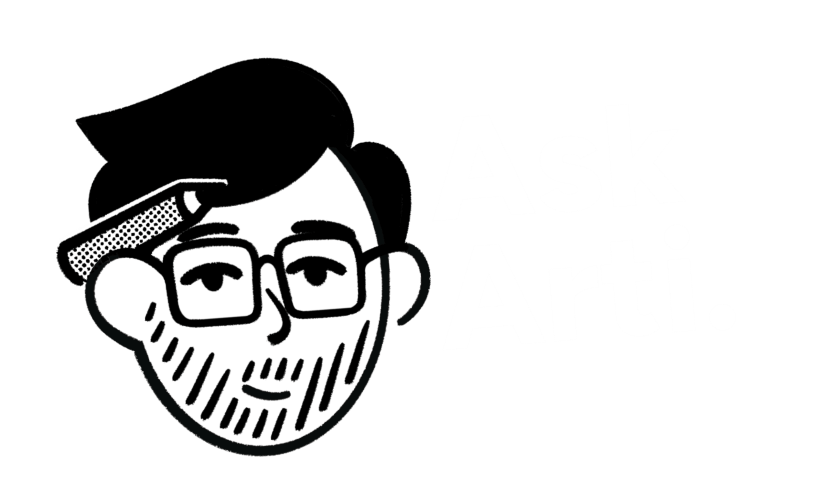Setting up impactful meetings between your leadership team and customer executives is a critical step in building trust, driving strategic conversations, and securing long-term partnerships. However, orchestrating these meetings requires careful preparation to ensure both parties derive value.
AI tools like ChatGPT, Claude, and Gemini can streamline this process by helping you craft agendas, tailor messaging, and identify mutual priorities. Here’s how to leverage AI to create high-impact executive meetings that deliver results.
1. Researching Customer Executives
Prompt:
Provide a summary of [Customer Executive’s Name], including their role, key responsibilities, recent public statements, and company priorities.
Why It Works:
Understanding the customer executive’s focus areas and goals ensures the meeting agenda aligns with their interests and challenges, setting the stage for a meaningful discussion.
2. Aligning Meeting Objectives
Prompt:
Draft a meeting objective for [Leadership Role] to discuss with [Customer Executive’s Role]. Focus on aligning the conversation with their strategic goals and how our [Product/Service] can deliver value.
Why It Works:
Clear objectives ensure the meeting stays focused and delivers actionable outcomes for both sides.
3. Crafting a Customized Agenda
Prompt:
Create a detailed agenda for a meeting between [Leadership Role] and [Customer Executive’s Role]. Include introductions, discussion points, and key takeaways related to [Specific Challenge/Goal].
Why It Works:
A well-structured agenda demonstrates professionalism and ensures the meeting covers critical topics without veering off track.
4. Preparing Leadership Briefing Notes
Prompt:
Summarize the key points [Leadership Role] should know before meeting with [Customer Executive’s Role]. Include recent customer challenges, opportunities, and how our [Product/Service] aligns with their priorities.
Why It Works:
Equipping your leadership with tailored briefing notes ensures they enter the meeting prepared and ready to engage in meaningful dialogue.
5. Anticipating Customer Questions
Prompt:
Predict the top 5 questions [Customer Executive’s Role] might ask during the meeting. Provide concise, value-driven answers tailored to their priorities.
Why It Works:
Anticipating questions helps your leadership team address concerns confidently and steer the conversation toward actionable outcomes.
6. Highlighting Mutual Wins
Prompt:
Draft a section of the meeting focused on mutual successes or potential collaborations between [Our Company] and [Customer’s Company]. Include examples of measurable impact or shared goals.
Why It Works:
Focusing on shared wins builds trust and reinforces the value of the partnership, creating a positive foundation for future discussions.
7. Designing Follow-Up Plans
Prompt:
Draft a follow-up email template for [Leadership Role] to send after the meeting with [Customer Executive’s Role]. Summarize the discussion, outline next steps, and express appreciation.
Why It Works:
A timely and professional follow-up reinforces key points from the meeting and keeps the momentum going.
8. Leveraging Competitive Intelligence
Prompt:
Summarize how [Customer’s Competitor Name] is addressing similar challenges or goals mentioned by [Customer Executive’s Role]. Suggest how we can differentiate our approach in the meeting.
Why It Works:
Bringing competitive insights into the conversation demonstrates your understanding of the market and your ability to provide unique value.
Actionable Steps to Get Started
- Define Clear Objectives: Identify what both parties want to achieve from the meeting.
- Use AI for Research: Gather insights on customer executives, their company’s priorities, and industry trends.
- Craft Tailored Agendas: Ensure the meeting structure aligns with the customer’s strategic goals and challenges.
- Equip Leadership: Prepare your leadership team with briefing notes, anticipated questions, and talking points.
- Follow Up Strategically: Summarize outcomes, outline next steps, and maintain communication after the meeting.
AI: Your Partner in Creating Impactful Executive Meetings
By leveraging AI tools, you can streamline the preparation process, deliver tailored insights, and facilitate impactful meetings that strengthen relationships and drive business outcomes.
Found this guide helpful? Share it with your team or on LinkedIn, and let’s help more professionals make every executive meeting count with AI!

